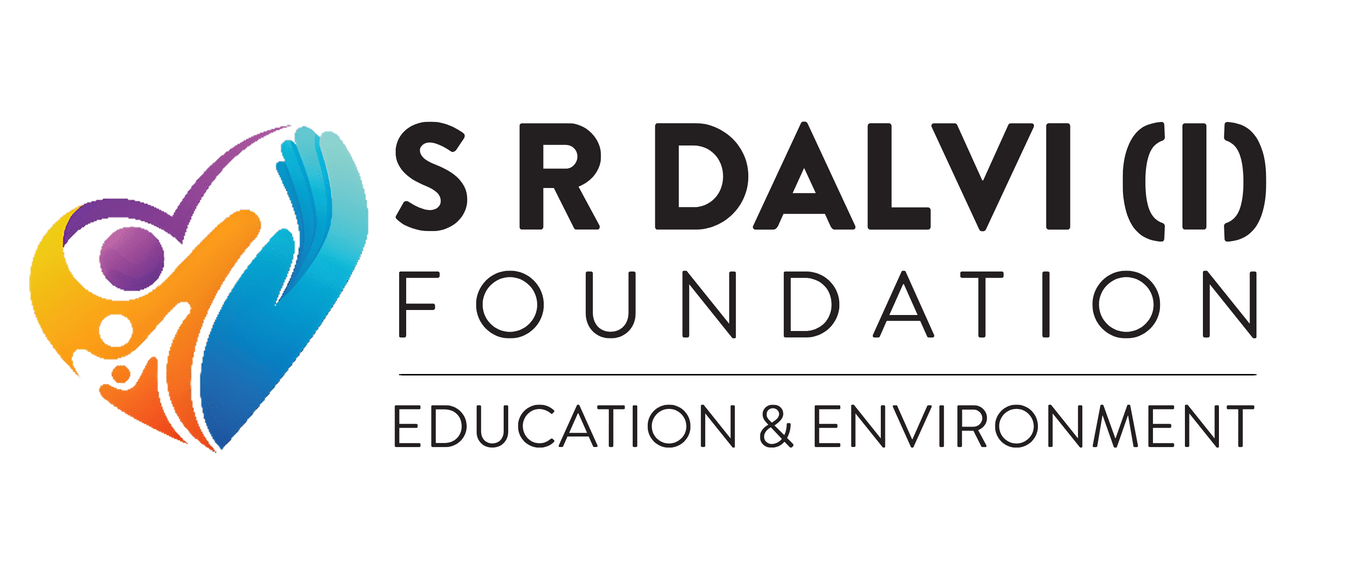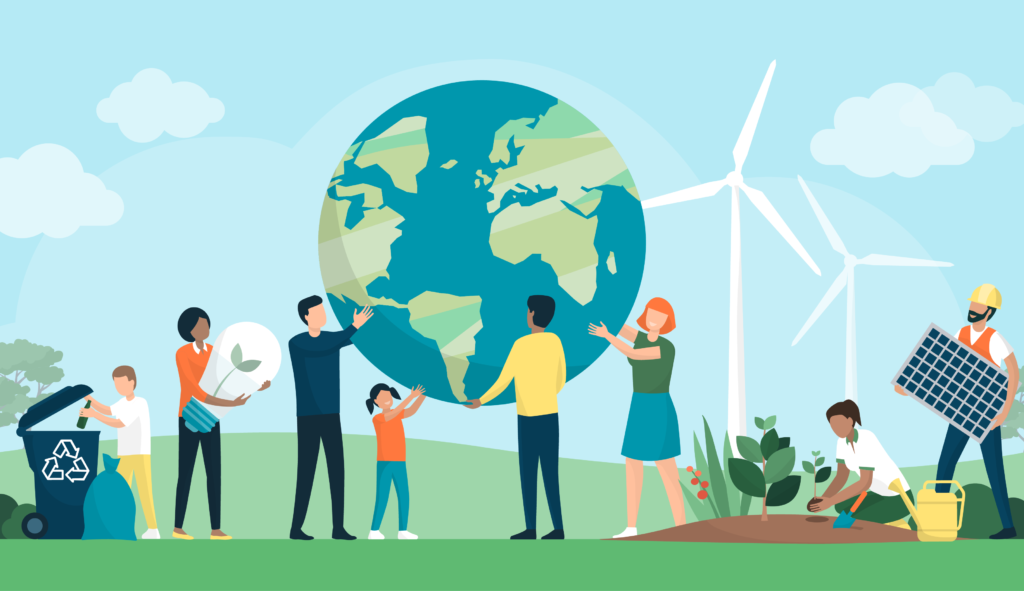In today’s rapidly changing world, the importance of sustainable development has become increasingly evident. As we face pressing global challenges such as climate change, environmental degradation, and social inequality, it has become imperative to equip future generations with the knowledge, skills, and values needed to create a more sustainable and equitable world. In this blog, we will explore the concept of education for sustainable development (ESD) and its significance in shaping a brighter future for all.
Understanding Education for Sustainable Development (ESD): Education for Sustainable Development (ESD) is a holistic approach to learning that aims to empower individuals to become active agents of change and responsible global citizens. It encompasses environmental education, social justice, and economic prosperity, emphasizing the interconnectedness of ecological, social, and economic systems. ESD goes beyond traditional classroom instruction to incorporate real-world experiences, hands-on learning, and community engagement, enabling learners to develop critical thinking skills, problem-solving abilities, and a sense of ethical responsibility.
Why ESD Matters:
Addressing Global Challenges: ESD equips learners with the knowledge and skills needed to understand and address pressing global challenges such as climate change, biodiversity loss, and resource depletion. By fostering environmental literacy and promoting sustainable practices, ESD empowers individuals to take action towards building a more resilient and sustainable future.
Promoting Social Justice and Equity: ESD promotes principles of social justice, equity, and inclusivity, ensuring that all members of society have access to opportunities for learning and participation. By raising awareness of social issues such as poverty, inequality, and discrimination, ESD encourages empathy, compassion, and a commitment to social change.
Fostering Innovation and Collaboration: ESD encourages innovation, creativity, and collaboration among learners, educators, and communities. By engaging in interdisciplinary projects, problem-based learning, and collaborative initiatives, learners develop the skills and competencies needed to address complex challenges and find sustainable solutions.
Cultivating Values and Ethical Responsibility: ESD promotes values of sustainability, respect for diversity, and ethical responsibility towards the environment and future generations. By instilling a sense of stewardship and environmental ethics, ESD fosters a deep appreciation for the interconnectedness of all life forms and the importance of living in harmony with nature.
Implementing ESD in Practice:
Integrating Sustainability Across the Curriculum: Educators can incorporate sustainability principles and themes into various subjects and disciplines, including science, social studies, mathematics, and language arts. By connecting classroom learning to real-world issues, educators can engage students in meaningful learning experiences that promote critical thinking and action.
Experiential Learning and Outdoor Education: Experiential learning opportunities, such as outdoor education, field trips, and hands-on projects, allow students to connect with nature, explore ecological concepts, and develop a sense of environmental stewardship. By immersing learners in their local environment, educators can foster a deeper understanding of ecosystems, biodiversity, and sustainable living practices.
Community Engagement and Service Learning: Community engagement and service learning projects enable students to apply their knowledge and skills to address local sustainability challenges and make a positive impact in their communities. By collaborating with local organizations, businesses, and government agencies, educators can provide students with opportunities for authentic learning, civic engagement, and social action.
Partnerships and Collaboration: Building partnerships with other schools, educational institutions, NGOs, and community organizations can enhance the impact and reach of ESD initiatives. By collaborating with diverse stakeholders, educators can access resources, expertise, and support to strengthen their ESD programs and promote sustainability education at local, national, and global levels.
Education for Sustainable Development (ESD) is a powerful tool for building a more sustainable, equitable, and resilient world. By equipping learners with the knowledge, skills, and values needed to address global challenges and create positive change, ESD empowers individuals to become active agents of sustainable development. As educators, policymakers, and stakeholders, let us embrace the transformative potential of ESD and work together to cultivate a culture of sustainability in education and beyond. Together, we can create a brighter future for all.

